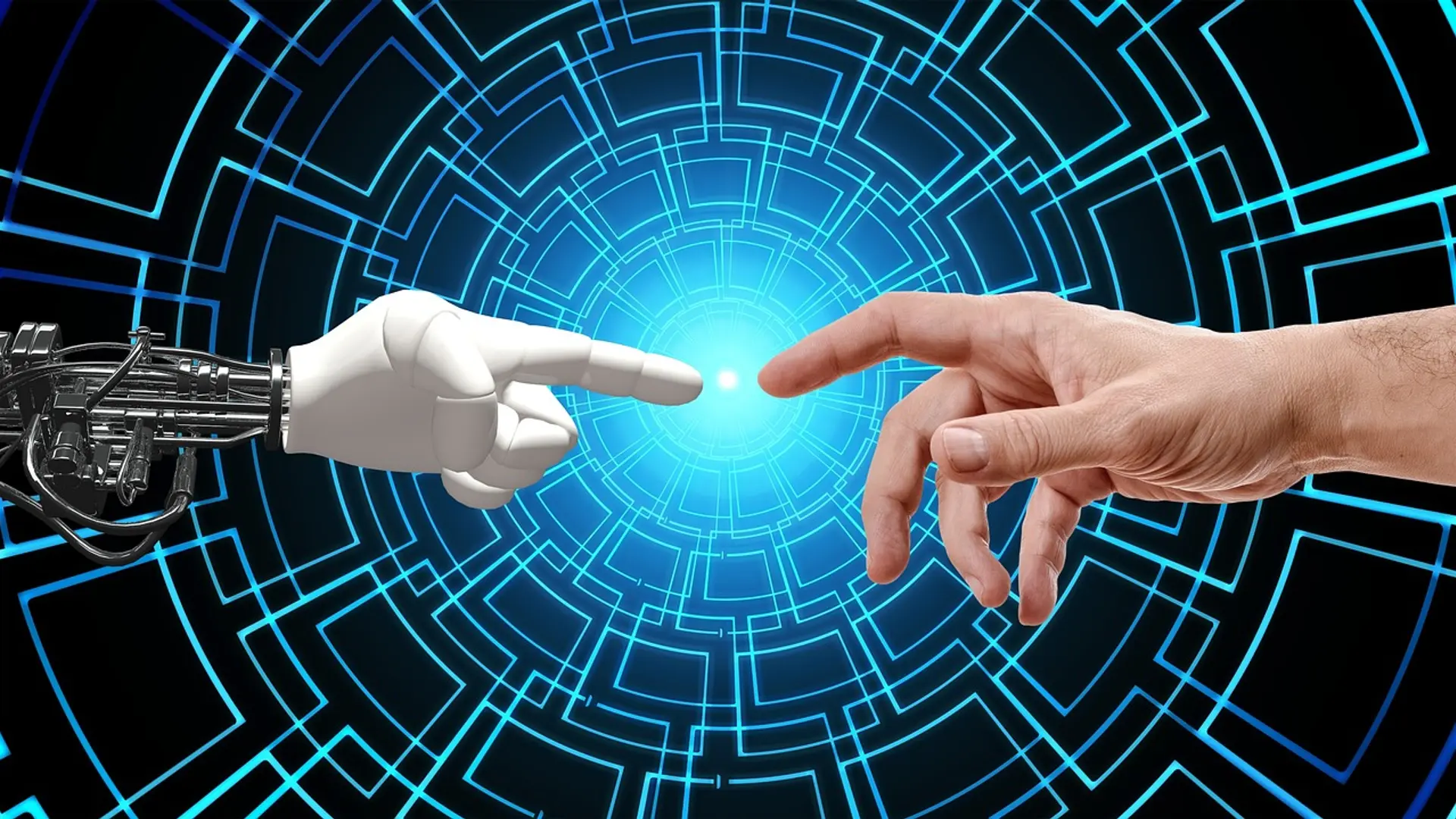How AI and machine learning are impacting future jobs
Uncover new opportunities, ethical considerations, and strategies for success in this evolving landscape.
In an era dominated by technology, the role of Artificial Intelligence (AI) and Machine Learning (ML) in reshaping the job market cannot be underestimated.
In this article, we will delve deep into the profound effects AI and ML are having on the job
market, from job creation to job displacement, and explore the strategies individuals and businesses can adopt to thrive in this evolving landscape.
The evolution of workforce automation
The rise of automation
Automation has been a significant driver of change in the job market. It has been at the forefront of various industries, from manufacturing to customer service. With the integration of AI and ML, the scope of automation has expanded exponentially. Tasks that were once performed exclusively by humans are now being executed by algorithms and machines with remarkable precision and efficiency.
Job displacement and reskilling
As automation gains momentum, some job roles are inevitably being displaced. Routine and repetitive tasks are particularly vulnerable to automation. However, it's essential to note that this does not necessarily equate to mass unemployment. Instead, it calls for a paradigm shift in the workforce. Employees need to adapt by acquiring new skills that complement AI and ML technologies.
The emergence of new job roles
AI and ML specialists
With the growing importance of AI and ML, there is an increasing demand for specialists who can develop, implement, and maintain these technologies. AI and ML engineers, data scientists, and algorithm developers are just a few examples of job roles that have gained prominence. These specialists play a crucial role in harnessing the power of AI for businesses across various sectors.
Ethical AI experts
The ethical implications of AI and ML cannot be ignored. As these technologies become deeply integrated into our daily lives, ensuring that they are used responsibly and ethically is paramount. Ethical AI experts are responsible for setting guidelines, policies, and regulations to govern the use of AI, preventing misuse and bias.
Industries at the forefront of AI integration
Healthcare
The healthcare industry has witnessed a significant transformation due to AI and ML. From predictive analytics in diagnosis to robotic surgery, these technologies have enhanced patient care and improved medical outcomes. Jobs in healthcare informatics, AI-assisted diagnostics, and telemedicine are on the rise.
Finance
In the financial sector, AI has revolutionised fraud detection, algorithmic trading, and customer service. Financial institutions now heavily rely on AI-driven solutions to make informed decisions. This has led to a surge in demand for AI specialists and data analysts within the finance industry.
Strategies for the future
Continuous learning
The evolving job market demands a commitment to lifelong learning. To remain relevant and competitive, individuals must invest in acquiring new skills. Online courses, certifications, and workshops offer convenient avenues for upskilling.
Adaptability
Adaptability is a key trait for thriving in the age of AI and ML. Being open to change and embracing new technologies will enable individuals to pivot and take advantage of emerging opportunities.
Collaboration
In an AI-driven world, collaboration between humans and machines is crucial. Businesses should foster a culture that encourages collaboration between employees and AI systems. This synergy can lead to increased productivity and innovation.







